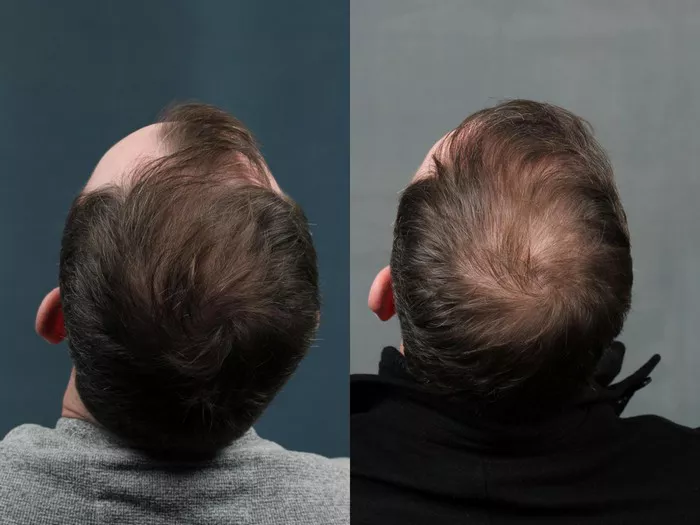The prevalence of hair loss has surged in recent times, affecting individuals across all age groups due to factors such as aging, hormonal imbalances, changing lifestyles, stress, mental health issues, and hereditary or medical conditions. Dr. BL Jangid, a renowned Dermatologist and Hair Transplant Surgeon at SkinQure Clinic in Saket, New Delhi, highlights that approximately 40-50% of both men and women experience noticeable hair loss by the age of 40, leading to psychological stress and a decline in confidence.
In response to this growing concern, hair transplantation has emerged as an effective and reliable method for those seeking to modify their hairline or address premature hair loss. However, a critical question arises: Are hair transplants safe?
Dr. Jangid warns that with the increasing demand for the procedure, numerous clinics offering affordable hair transplantation services have surfaced. While the temptation to opt for cheaper options is strong, it is crucial to prioritize health over cost. Extensive research into reputable clinics and licensed, experienced physicians is strongly recommended to ensure a safe and successful hair transplantation experience.
Key considerations in selecting a clinic include seeking out board-certified dermatologists and plastic surgeons with a wealth of experience. The rationale is that their expertise covers a spectrum of cases, both minor and major, related to hair loss. The clinic should also boast highly skilled staff and modern equipment. Dr. Jangid emphasizes several important points:
Opt for a reputable clinic, even if it comes at a higher cost, as health should never be compromised for savings.
Acknowledge that hair transplant is a minimally invasive surgery, proven to be safe and superior to traditional methods under the supervision of a qualified dermatologist.
Verify the regularity with which the dermatologist performs surgeries, as experience significantly influences the procedure’s outcome.
Disclose all medications and medical history to the doctor, ensuring a comprehensive understanding of your health profile.
Ensure the procedure takes place in an outpatient daycare facility equipped to handle surgical complications and emergencies.
Moreover, adherence to pre and post-surgery care instructions is imperative for a successful and safe hair transplant procedure. Dr. Jangid underscores the importance of considering risk factors, including systemic conditions like diabetes and hypertension, anesthesia allergies, healing difficulties, abnormalities in blood tests, and immunocompromised patients.
In conclusion, the key to a safe hair transplant lies in choosing certified professionals, well-equipped clinics, and experienced teams. Prioritizing safety over cost is paramount to achieving a successful and satisfactory hair restoration journey.


